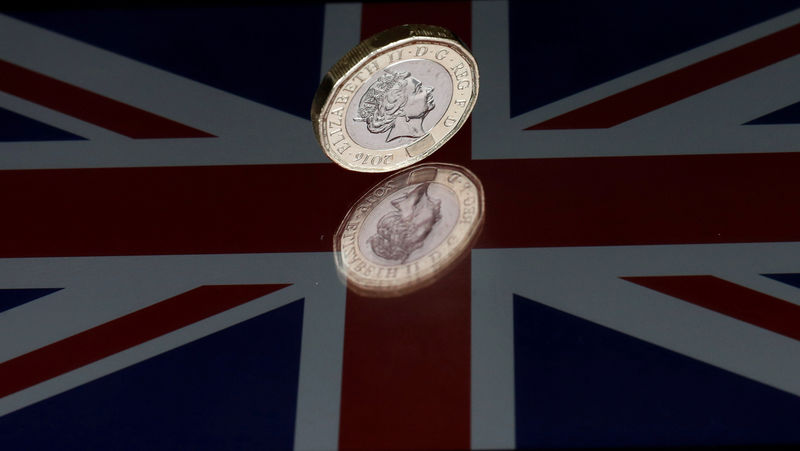Investing.com - The pound reversed gains on Monday amid fresh Brexit uncertainty after Boris Johnson resigned as British foreign secretary, helping the dollar pull back from three-week lows.
GBP/USD was down 0.16% to 1.3273 by 10:17 AM ET (14:17 GMT), off an earlier high of 1.3363.
The pound came under pressure after Boris Johnson resigned as British foreign secretary, becoming the third minister to quit the government in twenty-four hours, rather than back Prime Minister Theresa May’s plans for a soft Brexit.
Johnson’s resignation increased the chance that May could face a vote of no confidence, throwing the future of her government into doubt.
Sterling also gave up gains against the euro, with EUR/GBP rising 0.18% to 0.8855, recovering from an earlier low of 0.8814.
The U.S. dollar index, which measures the greenback’s strength against a basket of six major currencies, was last at 93.72, after hitting a low of 93.51 earlier, the weakest level since June 14.
The dollar had slid after Friday’s U.S. jobs report pointed to sluggish wage growth, dampening expectations for a fourth rate hike by the Federal Reserve this year.
While wage growth remained moderate the Department of Labor said nonfarm payrolls increased by a larger-than-forecast 213,000 in June.
Solid employment growth helped offset concerns over the escalation of the U.S.-China trade dispute after new trade tariffs came into effect on Friday.
The dollar pushed higher against the yen, with USD/JPY rising 0.2% to 110.68, off an overnight low of 110.35.
The euro pared back gains, with EUR/USD last at 1.1757, from an earlier high of 1.1791.
The single currency had been boosted after data showing that German exports rose by more than imports in May, indicating that the euro area’s largest economy remains solid despite global trade tensions.
